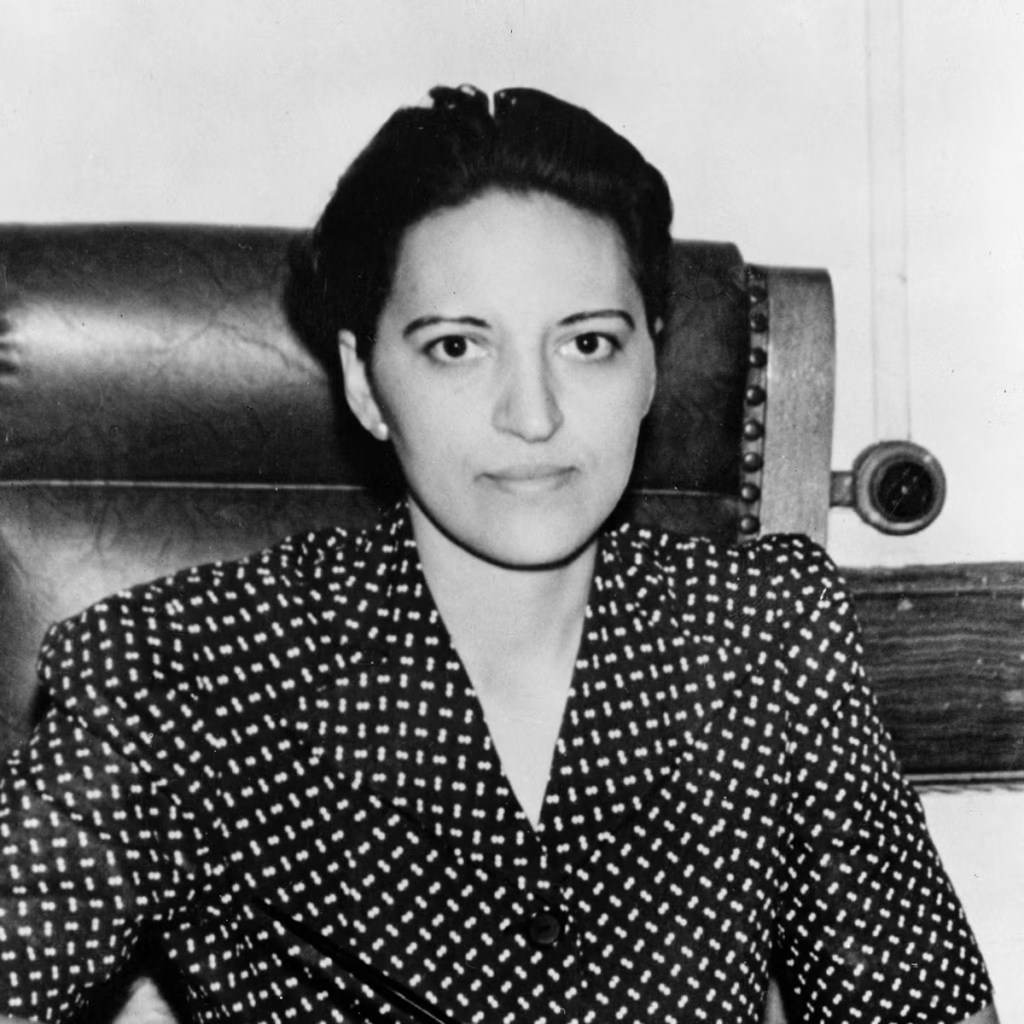
Table of Contents
Who Was Jane Bolin?
Jane Bolin, a trailblazing legal pioneer, made history as the first African American female judge in the United States. After earning her law degree from Yale Law School, she relocated to New York City, where she was sworn in as a judge by Mayor Fiorello La Guardia. Bolin served on the Family Court bench for four decades, championing the causes of children and families, both in her judicial capacity and through various outside organizations. She passed away at the age of 98 on January 8, 2007.
Background
Jane Matilda Bolin was born on April 11, 1908, in Poughkeepsie, New York, to an interracial couple, Matilda Ingram Emery and Gaius C. Bolin. Her father, an attorney who led the Dutchess County Bar Association, assumed the role of primary caregiver after the death of his wife when Bolin was a child.
A Diligent Scholar
Bolin was an exceptional scholar, graduating from high school in her mid-teens before enrolling at Wellesley College. Despite facing significant racial discrimination and social isolation, she earned a Bachelor of Arts degree in 1928 and was recognized as one of the top students in her class. Bolin then attended Yale Law School, where she again confronted social challenges but persevered, ultimately becoming the first African American woman to earn a law degree from the institution in 1931.
After briefly working with her family’s law practice in Poughkeepsie, she married attorney Ralph E. Mizelle in 1933 and moved to New York City. As the decade progressed, Bolin ran for a state assembly seat as a Republican, though she was unsuccessful. She then made another landmark achievement by becoming the first African American woman to serve as assistant corporate counsel for New York City.
Jane Bolin: The First African American Female Judge
On July 22, 1939, Jane Bolin made history as the first African American female judge in the United States. At the age of 31, Bolin was unexpectedly called to appear at the World’s Fair, where Mayor Fiorello La Guardia swore her in as a judge, a moment that would define her trailblazing career. Assigned to Family Court, Bolin became a respected and conscientious figure on the bench, addressing complex issues in the domestic sphere and advocating for the welfare of children.
Bolin’s tenure as a judge was marked by her commitment to justice and reform. She challenged longstanding segregationist practices, including the racially discriminatory policies regarding the assignment of probation officers based on skin color. Bolin was also instrumental in collaborating with First Lady Eleanor Roosevelt to support the Wiltwyck School, a pioneering initiative aimed at combating juvenile delinquency among boys by providing a comprehensive, rehabilitative approach.
Despite facing personal hardships, including the death of her first husband in 1943 and raising their son, Yorke, on her own, Bolin persevered. In 1950, she remarried to Walter P. Offutt Jr. Bolin’s career continued to flourish, as she was reappointed for three additional ten-year terms on the bench. She also served on the boards of several influential organizations, including the National Association for the Advancement of Colored People (NAACP) and the New York Urban League.
At the age of 70, Bolin was required to retire, but her commitment to public service remained unwavering. She continued her work as a consultant, a volunteer in schools, and a mJane Bolin
ember of the New York State Board of Regents. Jane Bolin passed away on January 8, 2007, at the age of 98, in Long Island City, Queens, New York.
Her legacy lives on through her groundbreaking achievements and her enduring influence on the justice system. In 2011, a biography titled Daughter of the Empire State: The Life of Judge Jane Bolin by Jacqueline A. McLeod was published, providing an in-depth look at her remarkable career. The cover features a mid-1940s portrait of Bolin by artist Betsey Graves Reyneau, which is housed in the National Portrait Gallery’s collection.
